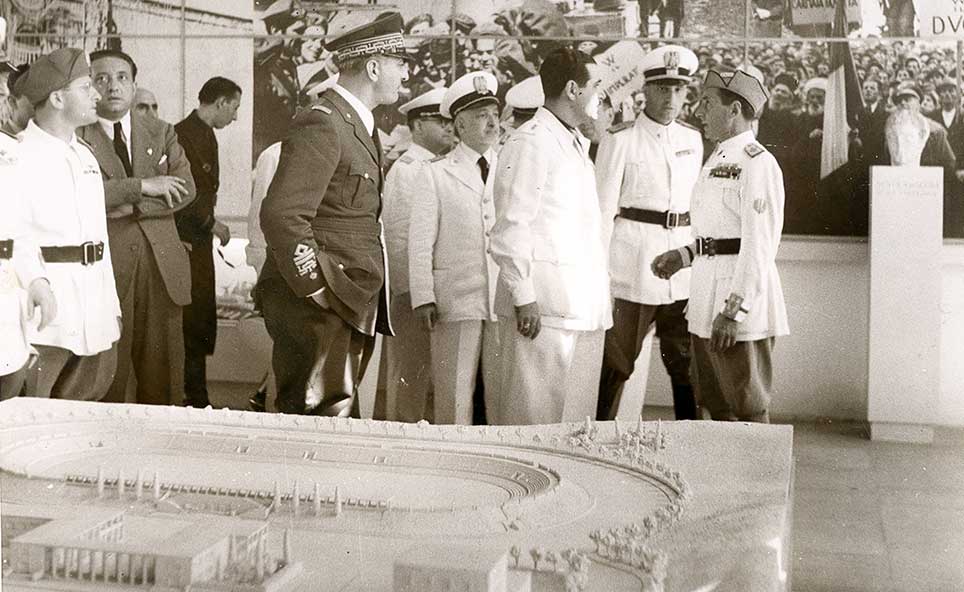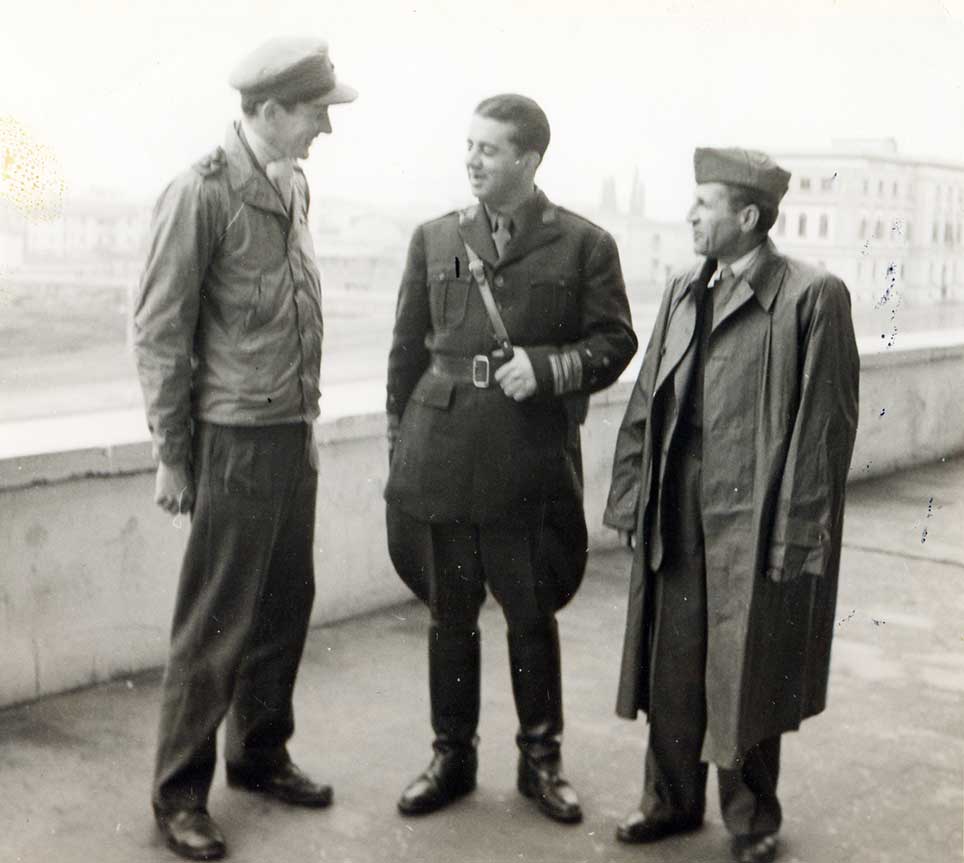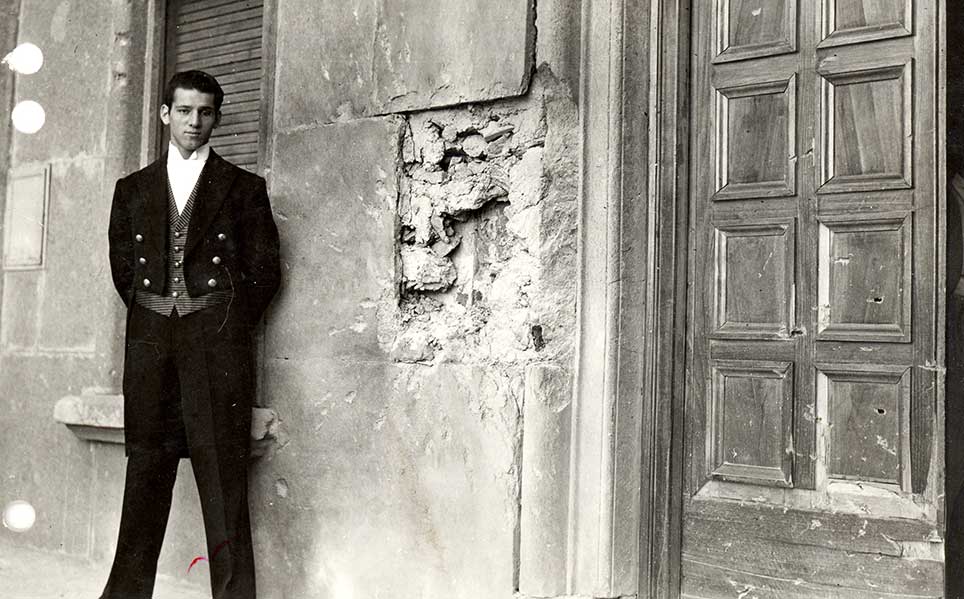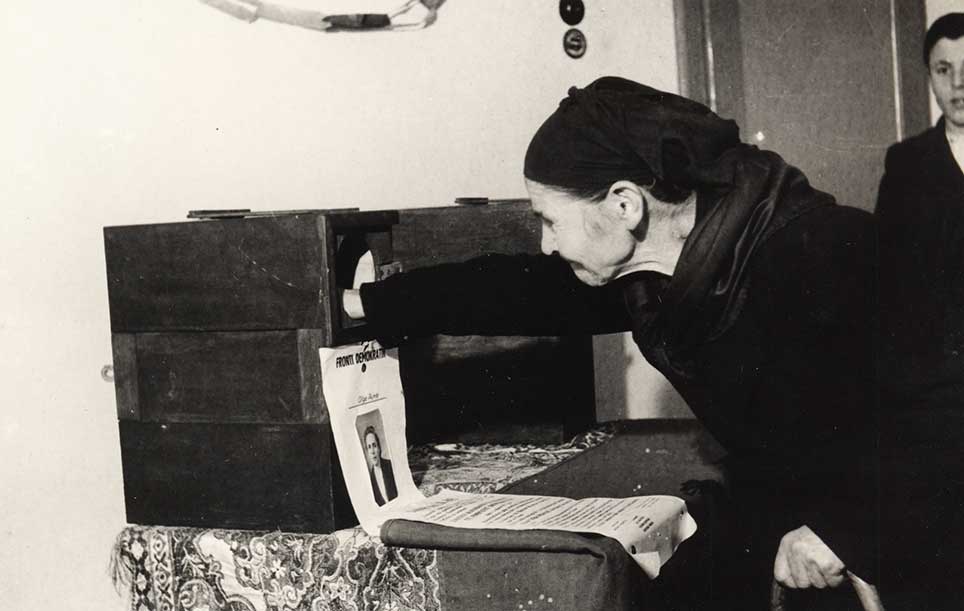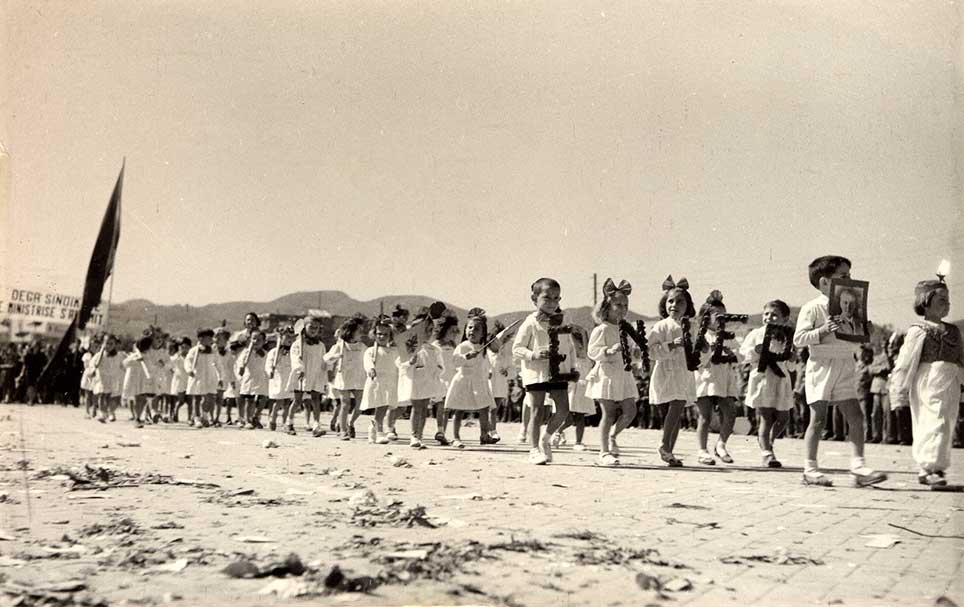The building of the “New Albania”
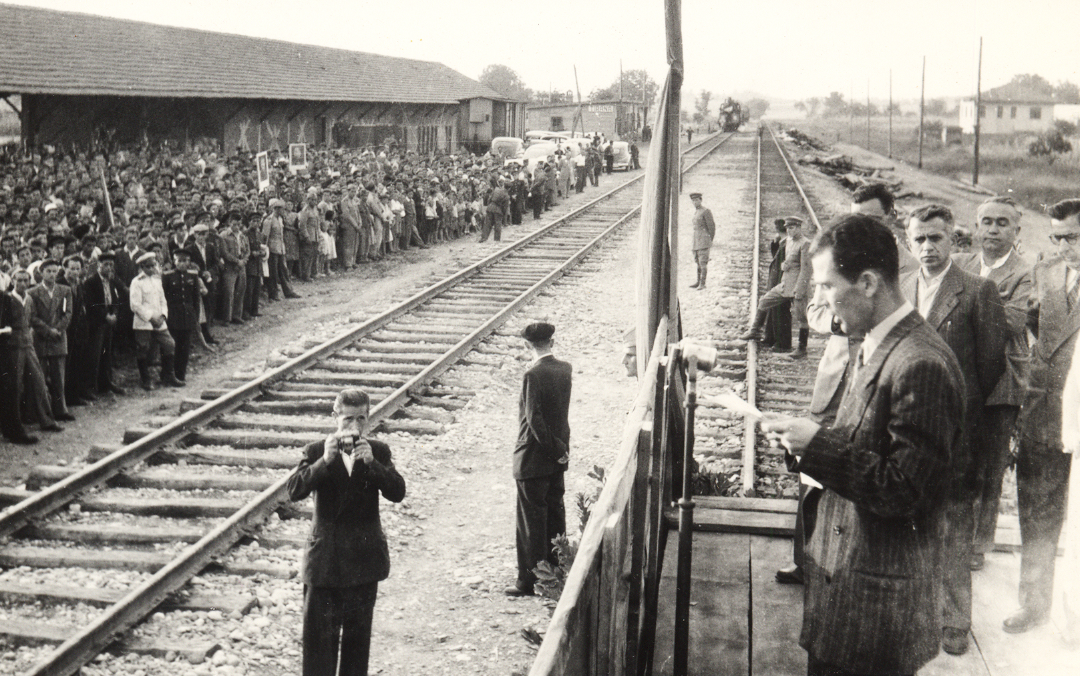
Since the first years after the liberation, the government led by Enver Hoxha has presented to Albanians ambitious projects for the economic, educational, cultural and social development of the country. Using the mobilization of the masses, typical of totalitarian systems, it undertook a series of projects to improve the Albanian infrastructure including roads and railways. The latter were built for the first time in Albania.
Regime paid special attention to education system aiming the secularization even atheism; elimination of illiteracy; also communist ideologization. The same policy was applied to literature and arts. The involvement of women in political, economic and social life, a process that began during World War II, has dominated the social policy of the communist regime. The process of emancipation of women was associated with dissolution of traditional social structures, especially in the North of the country.
In term of economic policy, the regime has relied upon centralization and planning, according to the Soviet model. Importance was given to industrialization, advocating heavy industry and energy. Agricultural policy implemented collectivization of farms and, in recent years, even livestock. The state tried to strengthen the public sector in the field of agriculture.
In the first decades of the PPSH's government, the country has had a relative development in the macro-economic situation, but also in the general level of living of the population . Then the economy went into a stage of stagnation, which degraded into a deep economic crisis. In addition to the failure of economic policy, the crisis was caused by extreme international isolation of the country










